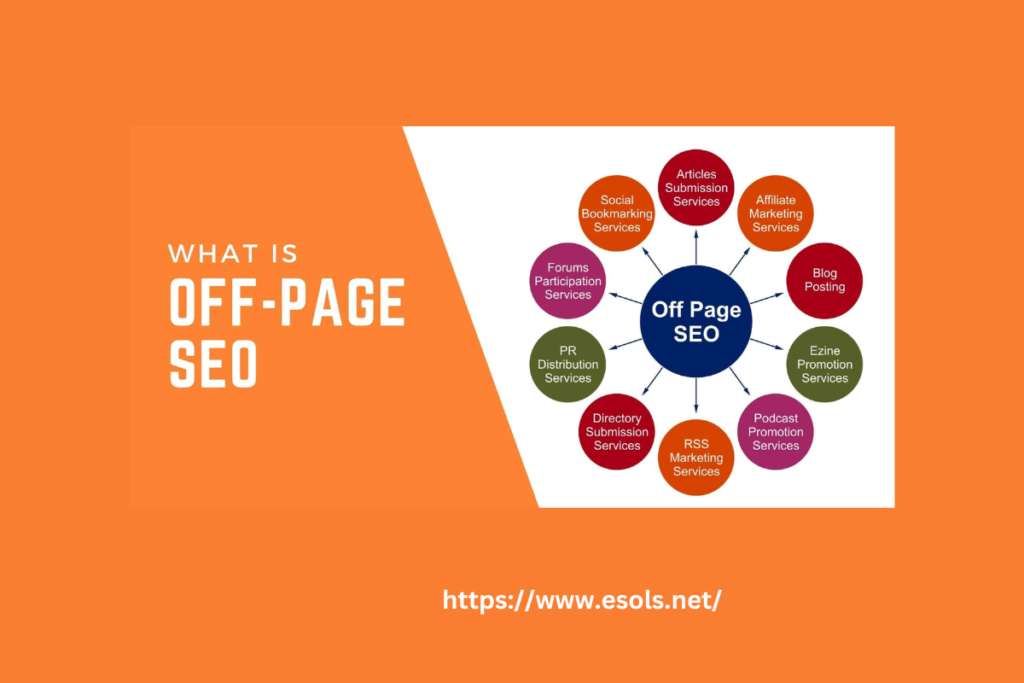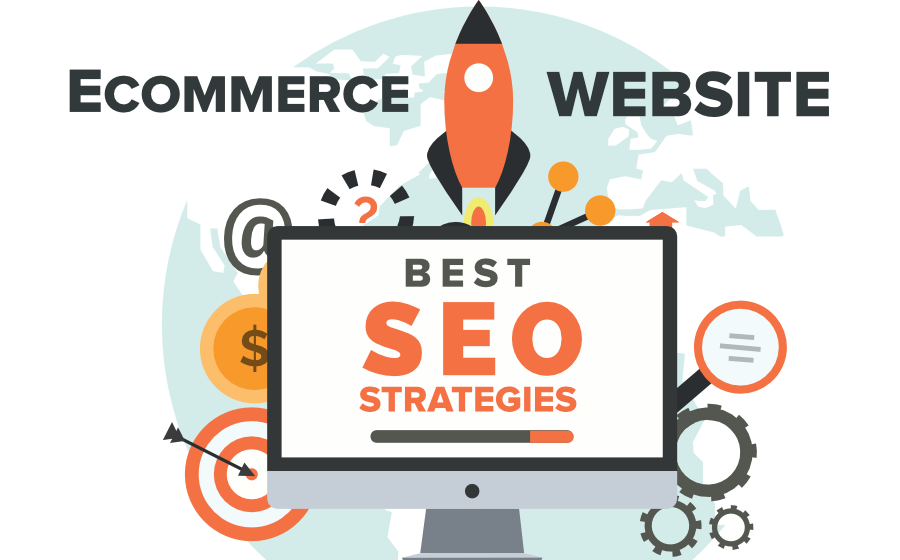Search Engine Optimization (SEO) has become the backbone of digital marketing, playing a pivotal role in enhancing online visibility and driving organic traffic to websites. In this article, we will delve into the world of SEO services, exploring the various components and strategies that make up this essential aspect of online success.
Definition of SEO Services
SEO, in its essence, is the art and science of optimizing a website to rank higher on search engine result pages (SERPs). It involves a myriad of strategies aimed at improving visibility and driving organic (non-paid) traffic.
Importance of SEO in Online Presence
In a world where online presence is crucial for businesses and individuals alike, SEO acts as a guiding force. A well-optimized website not only attracts more visitors but also establishes credibility and trust

| Aspect | Explanation |
| Increased Visibility | SEO enhances a website’s visibility on search engine results pages (SERPs). Improved rankings lead to higher chances of being discovered by potential visitors and customers. |
| Traffic Generation | Well-optimized websites attract organic traffic, reducing the reliance on paid advertising. This sustained flow of visitors increases the opportunity for conversions and engagement. |
| Credibility and Trust | High search engine rankings are often associated with credibility. Users tend to trust websites that appear at the top of search results, establishing trust in the brand or content. |
| User Experience | SEO involves optimizing the structure and content of a website. This not only helps in search rankings but also improves the overall user experience, leading to higher satisfaction. |
| Competitive Edge | Businesses that invest in SEO gain a competitive edge. Ranking higher than competitors can result in more visibility, market share, and a stronger position within the industry. |
| Global Reach | SEO allows businesses to reach a global audience. Targeting specific keywords and optimizing content for various locations broadens the reach and potential customer base. |
| Data-Driven Insights | SEO tools provide valuable data and insights into user behavior, preferences, and trends. Analyzing this data helps in making informed decisions to further optimize the online presence. |
Components of SEO Services
· On-Page SEO

On-page SEO focuses on optimizing individual web pages to rank higher and earn more relevant traffic. This includes optimizing content, meta tags, and ensuring a seamless user experience.
· Off-Page SEO

Contrary to on-page SEO, off-page SEO involves activities outside the website. This includes link building, social media marketing, and other external efforts to boost a site’s authority.
· Technical SEO
Technical SEO deals with the backend of websites, ensuring they are technically sound and easy for search engines to crawl. This includes optimizing site speed, mobile responsiveness, and fixing crawl errors.
Keyword Research
Significance of Keywords
Keywords are the foundation of SEO. Understanding the importance of relevant keywords and incorporating them strategically into content is crucial for ranking on SERPs. Various tools like Google Keyword Planner, SEMrush, and Ahrefs assist in finding the right keywords for a specific niche or industry.
Link Building
Backlinks from reputable websites act as “votes of confidence” in the eyes of search engines. Quality over quantity is key in link building. Strategically linking pages within a website improves navigation and distributes authority, contributing to improved SEO.
Social Media and SEO

· Optimizing for Local Searches
For businesses targeting local audiences, optimizing for local searches, and utilizing Google My Business is crucial for visibility.
· Google My Business Optimization
Completing and optimizing your Google My Business profile enhances local search rankings and increases visibility on Google Maps.
· Impact of Social Signals on SEO
Social signals, such as likes and shares, indirectly impact SEO by increasing brand visibility and driving traffic.
· Integrating Social Media into SEO Strategy
Strategically integrating social media into your overall SEO strategy can amplify your online presence and audience engagement.
SEO and User Experience
Page Load Speed
A faster website not only improves user experience but is also favored by search engines when ranking pages.
Mobile Responsiveness
Ensuring that your website is responsive on various devices contributes to a positive user experience, impacting SEO positively.
Competitor Analysis
Understanding Competitor Strategies
Analyzing competitor strategies provides valuable insights, helping refine and improve your own SEO approach.
Implementing Competitive Insights
Learn from competitors’ successes and failures, implementing strategies that align with your unique goals and offerings.
SEO for E-Commerce

Unique Challenges and Strategies
E-commerce SEO involves specific challenges. Optimizing product pages, enhancing user experience, and streamlining the purchase process are key elements.
Optimizing product pages with relevant keywords, high-quality images, and persuasive product descriptions enhances their visibility on search engines.
Intense Competition:
- Multiple online stores compete for similar products, making it crucial to stand out in search results.
Dynamic Product Catalogs:
- Constantly changing product inventory requires ongoing SEO efforts to keep pages optimized.
Mobile Optimization:
- Ensuring a seamless experience on mobile devices poses a challenge, considering the increasing trend of mobile shopping.
Technical SEO Complexities:
- E-commerce sites often have intricate structures, making technical SEO (site speed, indexing, etc.) challenging.
User-generated Content:
- Balancing the use of user-generated content (reviews, comments) for SEO without compromising quality can be tricky.
Read About: How to Do an Effective SEO Competitor Analysis?
International SEO
Expanding Reach Globally
For businesses targeting a global audience, international SEO involves tailoring strategies for different markets and languages.
Multilingual SEO Practices
Implementing multilingual SEO practices ensures your content resonates with diverse audiences worldwide.
Conclusion
SEO services encompass a diverse range of strategies and components that collectively contribute to a website’s success in the digital landscape. From on-page optimization to staying ahead of algorithm updates, the ever-evolving world of SEO requires a proactive and adaptive approach.
Read About: What Is SEO? A Detailed Guide for Beginners
Read About: What Does SEO Companies Actually Do?
FAQS
SEO services aim to boost a website’s:
Visibility: Improve search engine rankings.
Traffic: Attract organic visitors.
Credibility: Establish trust through higher rankings.
User Experience: Enhance overall satisfaction.
SEO services consist of:
On-Page SEO: Content and meta tag optimization.
Off-Page SEO: External activities like link building.
Technical SEO: Backend optimizations for search engines.
Keyword Research: Strategic use of relevant keywords.
Social media indirectly affects SEO by increasing:
Brand Visibility: Through likes and shares.
Traffic: Driving users to the website.
E-commerce SEO involves addressing:
Intense Competition: Standing out among online stores.
Dynamic Catalogs: Ongoing optimization for changing products.
Mobile Experience: Ensuring seamless mobile shopping.
Technical Complexities: Handling intricate site structures.
User-Generated Content: Balancing quality and SEO.


